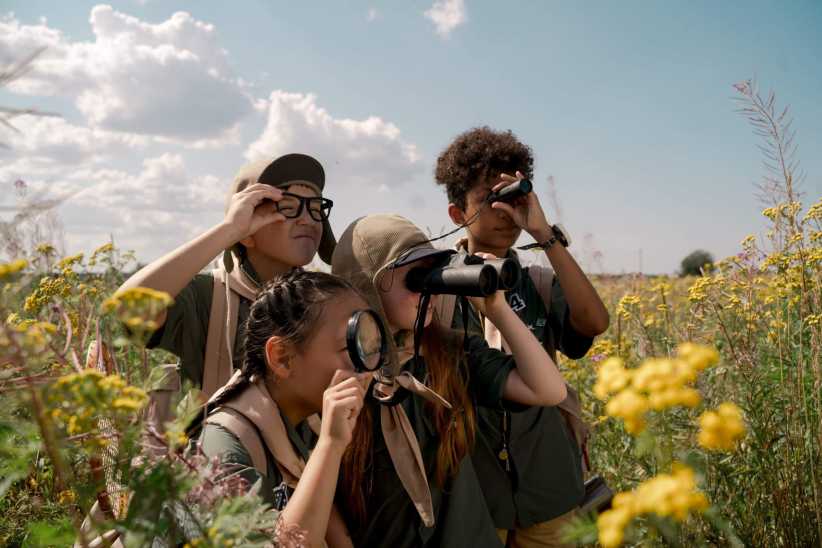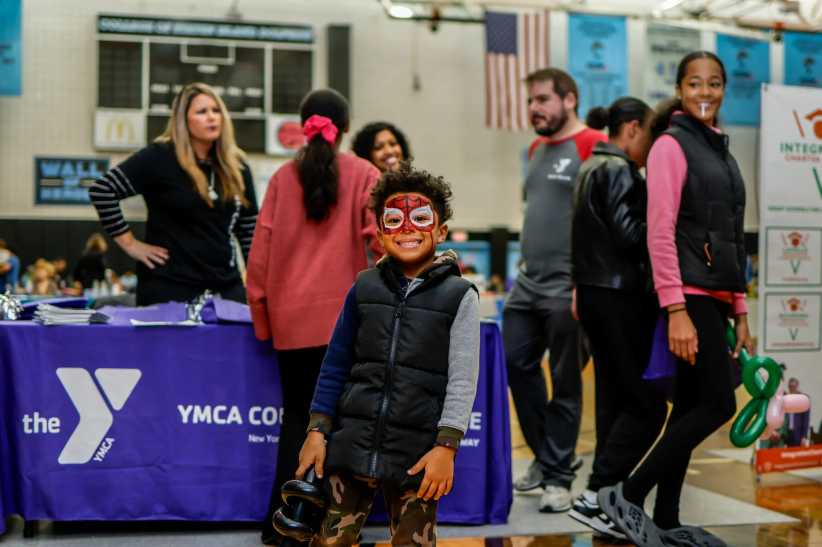
As an adult, sometimes it is hard to remember the feelings that you had leaving home to go to camp, or even college for that matter. Do you remember what it felt like to once again sleep in your own bed or get something from the refrigerator whenever you wanted? Campers returning home after the summer enjoy the comforts of home and, of course, the individual attention of family showering them with love and affection. The idea of leaving the happy cocoon of home can be almost unfathomable to any child, especially those who recently finished their first summer at camp, or are planning on going to camp for the first time next summer. They are flooded with a mix of emotions about home and camp that are not only hard to identify, but also hard to resolve.
It is not at all uncommon for even the happiest camper to hesitate when being asked to commit to another summer away from home, especially when they have only been back at home for a short period of time. These conversations, which happen every year around early enrollment deadlines, are always very similar:
[gravityform id=”17″ title=”false” description=”false” ajax=”true”]
“My son/daughter got off the bus from camp a few weeks ago saying that they had the best summer ever! They told us about their friends, counselors and all of the fun they had. In fact, they reached out to their camp friends because they were ‘camp sick.’ When we asked them if they wanted to go back to camp next summer, they said they didn’t want to go…We know they loved camp, but now they are saying they don’t want to go back.”
This reaction, especially from first-year campers, is incredibly normal and more common than most people realize. However, it does confuse parents tremendously, and can create conflicted emotions about camp for the entire family. For many children, there can also a psychological or subconscious impact if they expressed “homesickness” over the summer, and they are afraid of losing face. There can also be a feeling that if they say that they want to go back to camp, it is somehow a rejection of their parents because they’re choosing camp over home.
If you know that your child had a great summer at camp, and you can see the positive growth your child experienced at camp, have confidence in your personal assessment. Remind yourself that your child’s reaction is totally normal, and that there are understandable reasons why they have inexplicably changed their tune about camp. Keep in mind that the start of camp is still nine months away. If you feel confident that your child should, and ultimately will want to, return to camp, then you should re-enroll them. After all, you have the ability to see the bigger picture far more clearly than your child can.
At this point, children can go in one of two ways. Some will want you to help talk them through their positive camp memories, and will want to be reminded of the fun that they had there. Others will want to put off talking about camp for a while, and allow themselves to live in the moment of school and home life. Follow your child’s lead on camp discussions, but remember, if they are giving you concerns about camp, it is best to validate those concerns and help remind them of the positives they may not be thinking about at this point in time.
By the time June rolls around, and the weather is warming up, and you need to start packing your child’s camp duffels, they will be so ready and excited for camp, they will ask you to send them immediately! And, yes, you will (sometime in the future), laugh with your child about the conflicted yo-yo feelings that they had about camp—probably when they get off the bus at the end of next summer, crying, because they are “camp-sick” again.
Laurie Rinke is a Director and Owner of Camp Echo Lake, in Warrensburg, NY, and a former Family Therapist / LCSW. Since 1946, Camp Echo Lake has been Dedicated to Human Development, and since her first summer as a camper there in 1986, Laurie has been dedicated to Camp Echo Lake. Laurie travels between Warrensburg and NYC, and the surrounding areas, for her year-round work leading Camp Echo Lake. This essay originally appeared on The Camp Echo Lake Trail Blog. To learn more about Camp Echo Lake visit campecholake.com!













